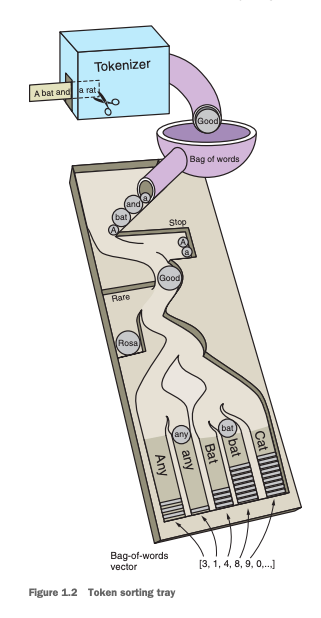
Learning done right can be your biggest investment
In the midst of chaotic schedules and piles of work, it is often easy to just take the easy way out of the pile of work: auto pilot. You just switch out the curiosity mode, and just churn out work one after another. “There isn’t time to just sit and ponder. I’ve got 10 other todos to clear out today”. As we continue down this train of thought, we will find ourselves at the brink of a burnout soon and very soon. How then do the smartest people actually learn such complex knowledge? For example, learning calculus in colleague, does one know what does dy/dx actually means?
I came across an article talking about how the smartest people are learning the right way. Now this right does not mean morally right or wrong. But rather learning as a reflection of one’s virtue of honesty and integrity. We will get to this.
Below are four lessons I’ve gotten away from the article:
1. More than one solution to the same problem; don’t stop at 1.
Once a problem was solved, some of the smartest people I’ve known will go back and continue thinking about the problem and try to figure out different solutions to the same problem. Afterwards, he’d come back with 3-4 alternative solutions to the same problem + explanations of why each solutions are somehow connected.
It’s also so easy to think that you understand something, when you actually don’t. So even figuring out whether you understand something or not requires you to attack the thing from multiple angles and test your own understanding.

A problem is often times bigger and more complex beyond our current perspective. The ability to sit and ponder for alternative solutions to the same problem forces you to consider the possibility of not knowing something in this problem at hand. It allows you to force out the cracks in the pottery by placing the knowledge under fire.
2. Be honest with yourself; do you really know? Ask yourself.
To admit that you do not understand a concept is related to honesty or integrity. It is uniquely easy to lie to yourself that you know and move on because there is no external force keeping you honest. You and only you can run that constant loop of asking “do i really understand this?”. Do not just skirt past the problem just to move on to the next task, you’re not a factory that just just churning out work day in day out. You’re an individual that is part of your own journey to learn, grow, and develop.
Also, writing has a part to play. Firstly, it helps you to be honest with yourself; it forces you to articulate your understanding. And if the writing comes out confusing and disjointed, it is a reality check for knowledge gaps.
It’s okay to admit that you don’t know
3. Go beyond the abstraction, tell me what you really know. Give examples.
The tangible experiments of your learning with concrete examples is important to illustrate understanding. You do not just stop at simple verbal “word based” understanding. It can only bring you this far. But visuals creates a context in which your understanding can take place in.
Visualizing something, in three dimensions, can help you with a concrete “hook” that your brain can grasp onto and use as a model;
If you’re not coming up with visuals and your understanding of things remains on the level of abstractions or abstract concepts, you probably do not understand the concept deeply and should dig further. Below is basically the concept of AI conversational classifiers done up with the illustration of a coin filter.

4. Have the courage to ask; Ask if you don’t know.
Have the courage to be unafraid to look stupid. Have the courage to admit and seek for clarity and understanding. Don’t just pretend you understand just to pass the time. This is your journey of learning and getting better than the you yesterday. Do not let other people dictate how you should invest in yourself. Shower yourself with love and respect for your own growth.
TLDR;
At the end of the day, if you want to understand something, go slow. Explore every step of the way in your adventure to learn and unveil. Read slowly, think slowly, really spend time pondering the thing. A week or a month of continuous pondering about a question will get you surprisingly far. In the space of technology, you will face a ton of technology that are more abstracted and technical beyond human mind (haha kidding, but it feels like so). There’s what you got to be honest with yourself to admit that you don’t know then can the learning begin (:
Before you end off, do watch this video! It is really good. It’s a video talking about the 5 hours rule deliberate learning. Let’s learn together! (:

